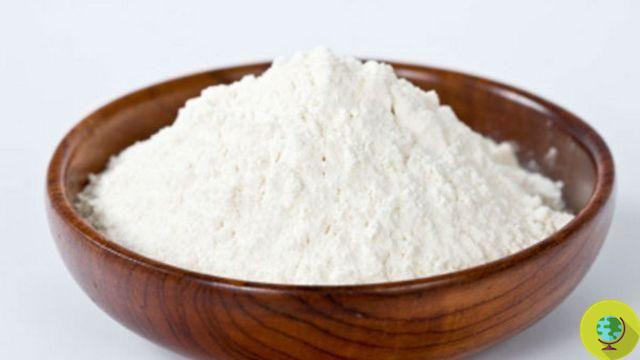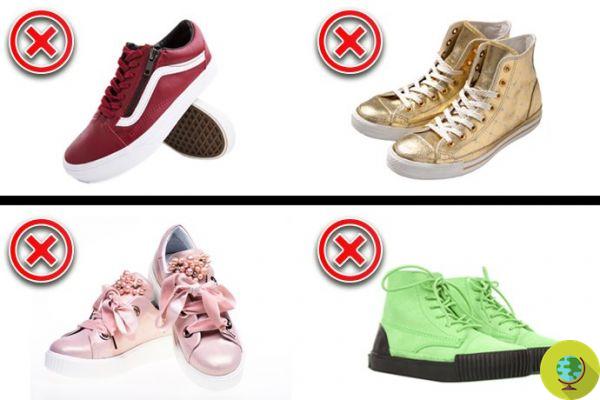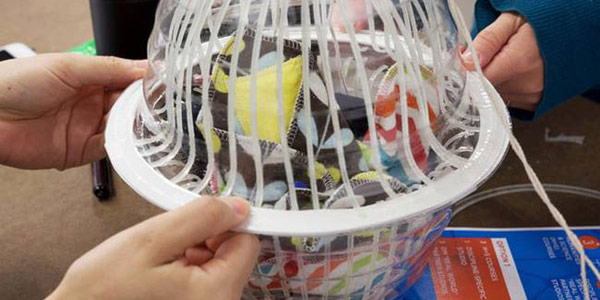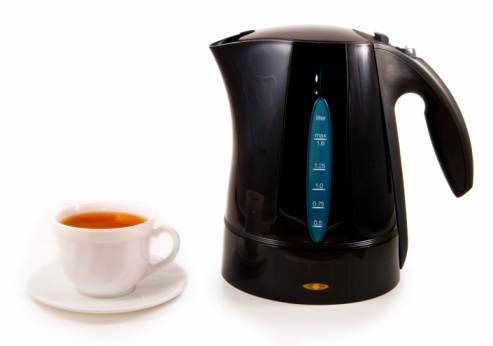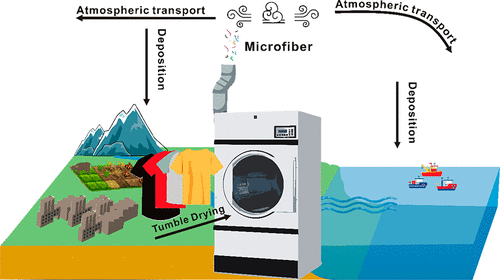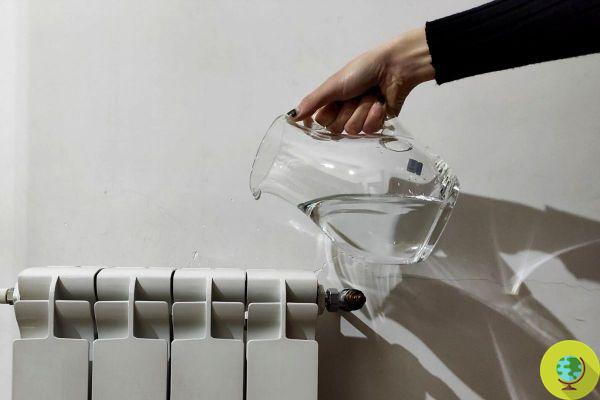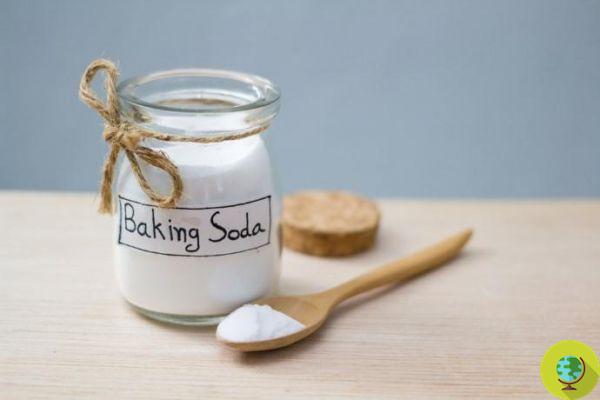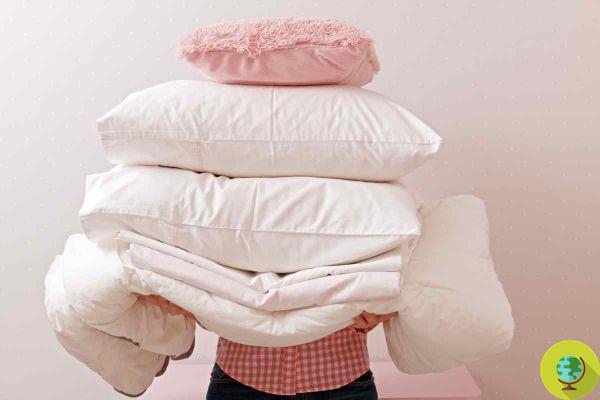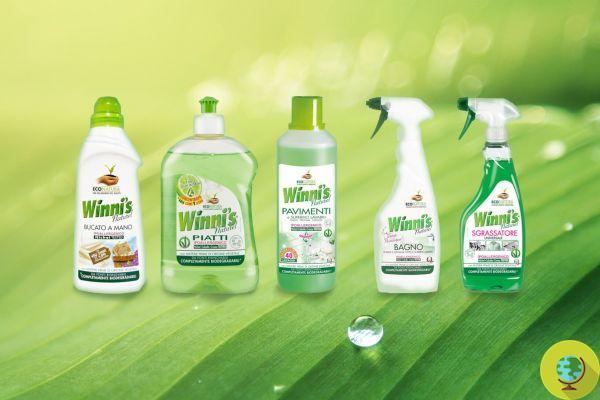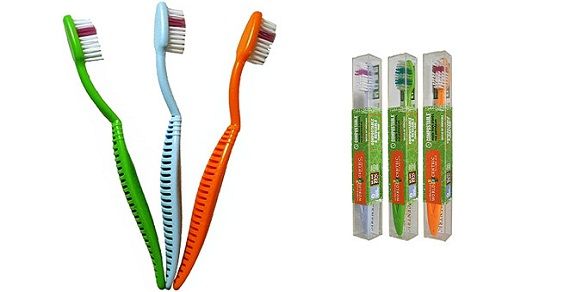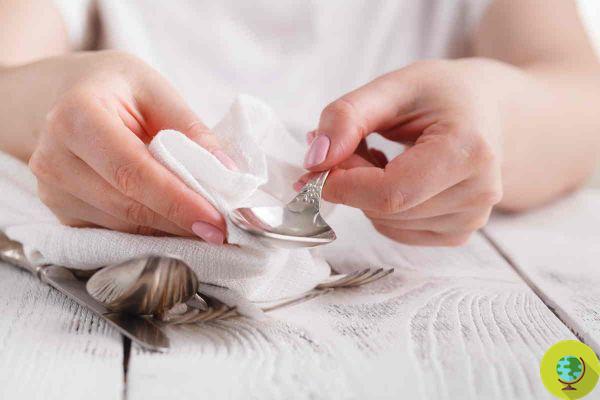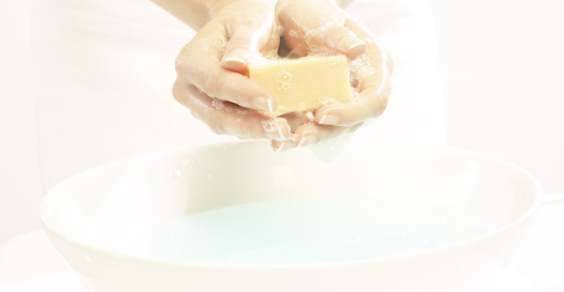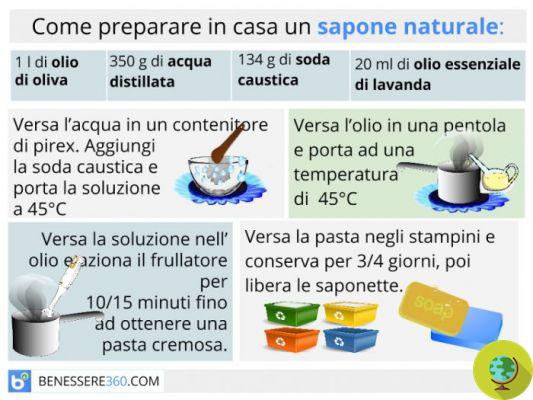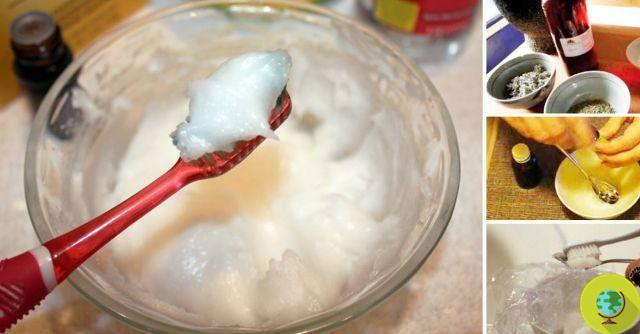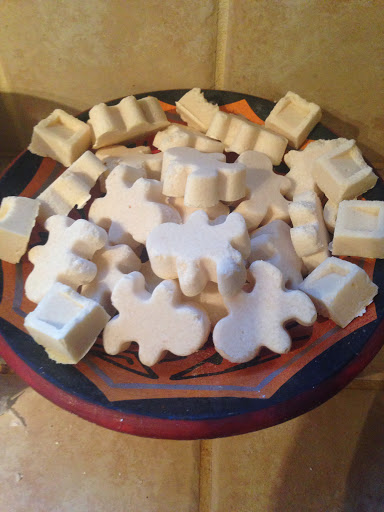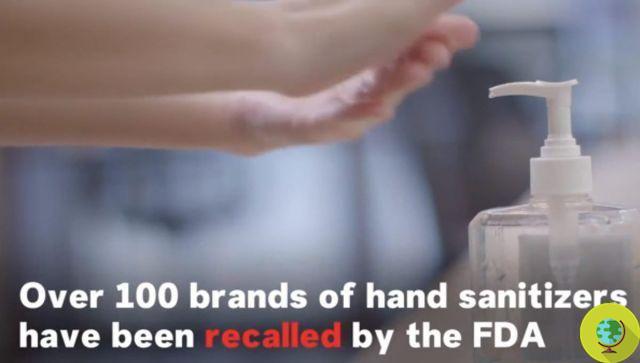Vinegar is a product that we always have at home and that can also be useful for cleaning. The most common is wine vinegar or apple cider vinegar. But do you know that vinegar alcohol also exists? We explain what it is and how to best use it.
He is about to end up run over, his mother saves him
Vinegar is a product that we always have at home and that can also be useful for cleaning. The most common is wine vinegar or apple cider vinegar. But you know that it also exists vinegar alcohol? We explain what it is and how to best use it.
Vinegar is a very useful product for cleaning around the house. Thanks to its acidity, in fact, it is able to remove limestone without great effort and therefore is a worthy natural substitute for decidedly more aggressive or toxic substances. However, not all vinegar formulations are the same.
Index
Wine vinegar and alcohol vinegar, the differences
These two types of vinegar differ in terms of production. Wine vinegar is obtained from acetic fermentation of wine (white or red) work of some bacteria called acetobacter which, in the presence of water and oxygen, oxidize the ethyl alcohol that is contained in the wine. The result is a food product (but not only) that is liquid and can have different shades of color. There are many varieties, of higher or lower quality.
Lalcohol vinegarinstead, also called White vinegar, it is simply a solution of water and acetic acid. The latter is obtained through double fermentation, first alcoholic then acetic (by bacteria), of alcoholic beverages, malts, rice or fruit. It is often made from sugar beets. It comes in the form of a transparent liquid and for this reason some people call it crystal vinegar.
Thanks to his detergent, deodorant and disinfectant action, white vinegar can replace many cleaning products and is also very cheap (more than wine vinegar). It is easily found in the supermarket or organic shops.
Vinegar alcohol, uses
Compared to wine vinegar or apple vinegar, vinegar alcohol rather than for food use (the pure one can also be used as a condiment) is suitable for cleaning the house as it has several interesting uses:
- effectively dissolves limescale. Therefore excellent for cleaning bathroom fixtures but also for descaling coffee makers and kettles. However, it is important to rinse well with water in order to remove all residues and the persistent smell of vinegar.
- Soften the laundry. Calcareous water makes clothes hard and rough to the touch. Adding a little white vinegar, on the other hand, helps keep them softer. This product is also useful for preventing limescale build-up in the washing machine. It can be used for this purpose by pouring a liter of vinegar and activating it immediately after a vacuum wash.
- Disinfectant. Vinegar has a disinfecting action on bacteria, viruses or fungi. This varies according to the acidity of the vinegar and the duration of the application. Sure it's not a strong product like bleach but it's not as polluting either.
- Scrape off pots and pans. Just fill the bottom with a little alcohol vinegar and put them on the stove for a few minutes. After that, removing the grease and dirt will be much easier.
- Eliminate bad smells. You can sprinkle a little bit of vinegar alcohol where there are bad smells, initially you will feel its persistent odor but once dissolved it will take the others away with it too. It can then be used inside the refrigerator, for example together with lemon, in order to perfume.
- Against sink clogging. In this case, the vinegar must be heated for a moment and then poured into the sink in order to dissolve the encrustations and facilitate the flow of water.
- Clean the silverware. Just slightly moisten a cloth with white vinegar and then pass over the silverware which will be shiny again at the end of the treatment.
An important thing to know is that vinegar alcohol is more effective when used hot or diluted in hot water. However, we must be careful not to breathe the vapor.
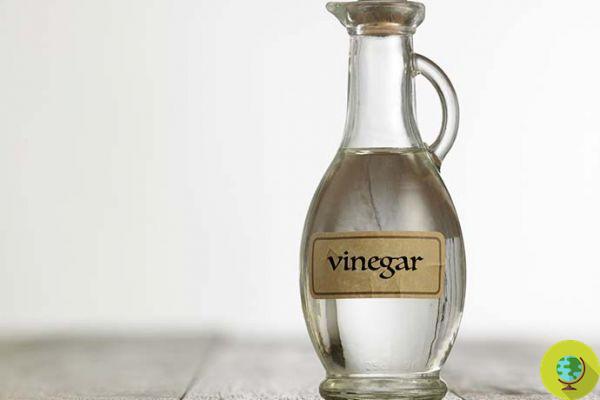
How to choose vinegar
As for the common wine vinegar, depending on the use to be made of it, it can be chosen of different quality. If even a little prized one is enough for cleaning, those who intend to use it for food can choose it of good quality and organic.
As for vinegar alcohol, the labels show different percentages of acetic acid. The most common are 8%, 12% and 14%. On the packaging this indication sometimes appears in the form of a number of degrees (12 ° for example). The higher the percentage (or grade), the more acidic and therefore powerful the vinegar is.
Over time, manufacturers have added other types of molecules to this type of vinegar, for example perfumes to mask the strong odor; additives useful to gel the liquid and make it more functional for some types of cleaning and preservatives. In this way they created cleaning products based on this vinegar however, they are no longer ecological as pure vinegar is and can also damage the health of the people who use them. Not surprisingly, if you look on the packaging, you can see several warnings for a safe use of the product.
Warnings
You must never associate vinegar with bleach. The chlorine vapors released by the mixture are toxic and very few are enough to irritate the respiratory tract. Prolonged inhalation, then, can have much more serious consequences.
Better also avoid the combination of vinegar and baking soda since the first is an acid product and the second is basic. In practice, therefore, their effect is canceled out. The chemical reaction generates water, sodium acetate (which has no cleaning power) and CO 2. The latter produces foam but does not at all mean that it is effective. However, the combination of vinegar and bicarbonate may not be completely useless. It can be used for example in cases where there is a need to unclog a sink or remove burnt fat. For maximum efficiency, however, it is best to use the products one after the other.
Finally, do not use white vinegar on marble surfaces that are likely to corrode.
Vinegar or citric acid?
If we take care of the environment, we should use citric acid, a natural and ecological product for cleaning rather than vinegar, which for its part has the advantage of being less polluting. Vinegar pollutes more precisely because of the acetic acid it contains. According to the chemist Fabrizio Zago, acetic acid pollutes 53 times more than citric acid.
The vinegar test and vinegar-based cleaning products
Among the different cleaning products analyzed and compared by the French consumer magazine 60 Millions de Consommateurs there are also 12 between white vinegars and products based on vinegar alcohol. As you can see from the following infographics, 9 have earned a green smile and that means they are “clean”.

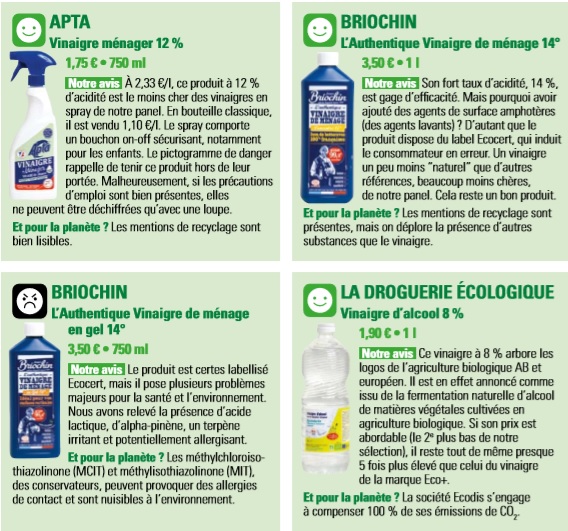
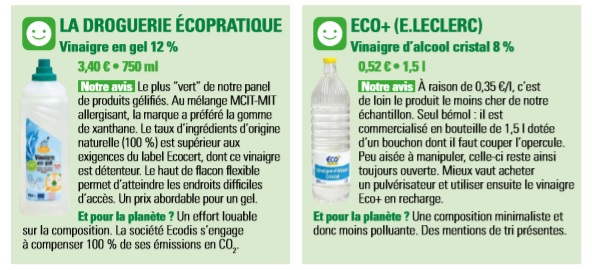
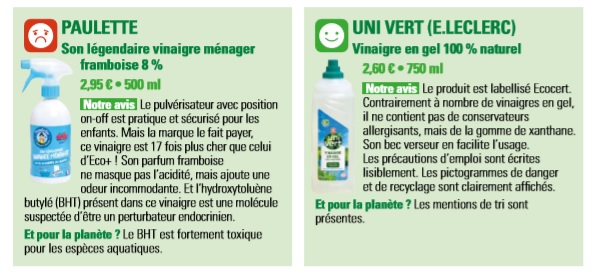
solo two Paulette brand products they got a red light (meaning they contain toxic substances) and a black one (contains a lot of toxic substances). Briochin branded vinegar in gel was also rejected.
Read also:
- 30 different ways to clean with apple cider vinegar
- Apple cider vinegar: how to use it for cleaning
- Citric acid: how to use it and why to prefer it to vinegar in cleaning





